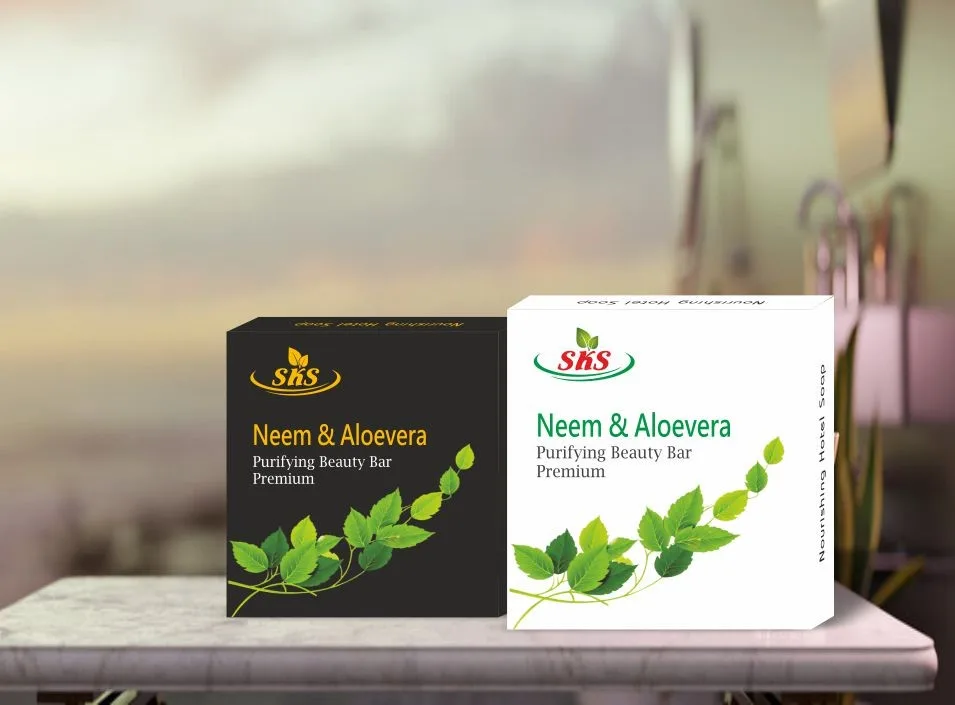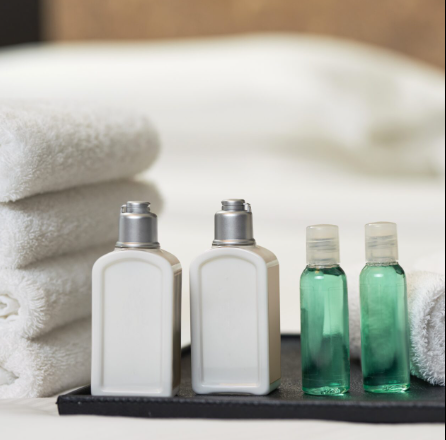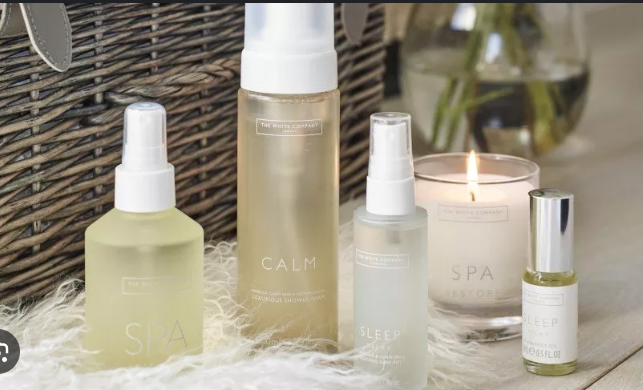Modern hotels constantly strive to provide an unforgettable guest experience. A crucial yet often overlooked aspect of this effort is the selection of custom hotel room accessories. These items, ranging from bespoke toiletries to personalized furniture, serve not only as functional amenities but also as brand ambassadors that elevate a guest’s stay.
In this article, we delve into the significance, design process, and manufacturing considerations for custom hotel room accessories, showcasing their role in fostering memorable guest experiences.

Importance of Custom Hotel Room Accessories
Enhancing Guest Experience
Custom accessories make a hotel stay feel unique. Personalized touches like branded toiletries, custom-made coasters, or monogrammed bathrobes evoke luxury and attention to detail. These elements allow guests to feel cared for, creating a lasting impression.
Building Brand Identity
Hotels use custom room accessories to reinforce their branding. For instance, a boutique hotel might employ locally-sourced materials or culturally-inspired designs to tell its story. Consistent use of branded items like stationery or mini-bar trays subtly embeds the hotel’s identity into guests’ minds.
Functional Aesthetics
Custom accessories strike a balance between functionality and design. For example, a uniquely designed luggage rack or bedside lamp can enhance both the room’s decor and usability, leaving guests impressed with the thoughtful integration of style and practicality.
Key Considerations in Designing Custom Accessories
Understanding Target Demographics
A hotel catering to luxury travelers will prioritize high-quality materials such as leather or polished wood for accessories. Meanwhile, a budget-friendly chain might focus on affordable yet durable options like acrylic or stainless steel.
Matching the Hotel’s Theme
Accessories should align seamlessly with the hotel’s theme. Whether the hotel showcases modern minimalism, rustic charm, or opulent luxury, every item—from soap dispensers to waste bins—should contribute to the overall aesthetic.
Prioritizing Durability
Hotel accessories endure heavy use. Durable materials like stainless steel, tempered glass, and treated fabrics are essential to ensure longevity and reduce replacement costs.
Steps to Designing Custom Hotel Room Accessories
Brainstorming & Concept Development
Begin with a clear understanding of the hotel’s brand and guest expectations. Collaborate with designers to brainstorm accessory ideas that reflect the brand identity while serving practical purposes.
Material Selection
Choose materials that match the hotel’s standards. For instance, eco-friendly hotels may opt for bamboo or recycled glass, while high-end establishments might choose marble or brass for an upscale touch.
Prototyping
Create prototypes to test both form and function. A bedside table organizer, for example, can be evaluated for aesthetic appeal and usability. Adjust designs based on feedback.
Customization Features
Customization can include engraving, embroidery, or printing the hotel’s logo on accessories. For personalized guest experiences, consider options like color-coded accessories based on room categories.

Manufacturing Custom Hotel Accessories
Partnering with Specialized Manufacturers
Collaborate with manufacturers experienced in custom accessory production. Evaluate their portfolio, manufacturing capacity, and commitment to quality assurance.
Emphasizing Scalability
Ensure the manufacturer can produce items at scale without compromising on quality. This is critical for hotels requiring bulk orders.
Sustainability Considerations
Sustainable production methods and materials not only reduce environmental impact but also align with the growing demand for eco-conscious hospitality solutions. Many hotels now prefer biodegradable toiletries or recycled packaging.
Quality Assurance
From initial production to the final product, strict quality checks ensure accessories meet the hotel’s expectations. Functional testing is vital for items like electronic safes or keycard holders.
Examples of Popular Custom Hotel Accessories
Personalized Bathroom Sets
Custom soap dispensers, toothbrush holders, and towel racks elevate the bathroom’s ambiance. Hotels often match these items with the bathroom’s tiles and fixtures.
Branded In-Room Stationery
Customized notepads, pens, and envelopes add a professional touch. Many hotels also provide branded guest directories or room service menus to enhance the utility of these items.
Unique Furniture Pieces
Hotels can commission custom furniture, such as side tables or ottomans, that complement the room’s overall design while maximizing space efficiency.
Decorative Touches
Accessories like artwork, vases, or throw pillows can reflect the hotel’s locality, giving rooms a sense of place. For example, coastal hotels might feature seashell motifs, while urban properties could incorporate contemporary art.

Challenges in Designing & Manufacturing Custom Hotel Accessories
Budget Constraints
Achieving a balance between customization and cost-effectiveness can be tricky, especially for mid-range hotels. Planning and bulk purchasing can help mitigate these challenges.
Supply Chain Issues
Delays in sourcing materials or manufacturing can disrupt timelines. Partnering with reliable suppliers and manufacturers reduces such risks.
Maintaining Uniformity
Large-scale orders must maintain consistent quality and design. Regular audits and prototype approvals ensure uniformity.
Conclusion
Designing and manufacturing custom hotel room accessories requires a blend of creativity, technical expertise, and strategic planning. From selecting the right materials to ensuring quality at scale, every step is vital in delivering products that enhance guest satisfaction and reinforce a hotel’s brand identity. By investing in tailored accessories, hotels can create memorable stays, foster brand loyalty, and stand out in the competitive hospitality market.

FAQs
What are custom hotel room accessories?
Custom hotel room accessories include personalized items such as furniture, toiletries, or decor designed to enhance the guest experience and reflect a hotel’s brand identity.
Why should hotels invest in custom accessories?
Custom accessories improve guest satisfaction, create a memorable experience, and reinforce the hotel’s branding.
How can sustainability be incorporated into custom accessory design?
Hotels can opt for eco-friendly materials like bamboo or recycled glass and partner with manufacturers using sustainable production methods.
What factors influence the cost of custom accessories?
Material selection, design complexity, order quantity, and manufacturing processes all impact the cost of custom accessories.
What is the role of branding in hotel accessories?
Branding ensures consistency and makes a lasting impression on guests, turning everyday items into subtle marketing tools.
How do hotels ensure the durability of custom accessories?
By choosing high-quality materials and conducting rigorous quality checks during production, hotels can ensure their accessories are durable and long-lasting.
